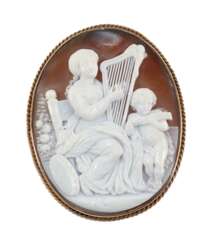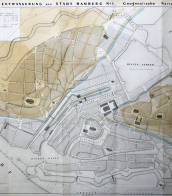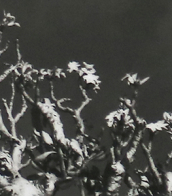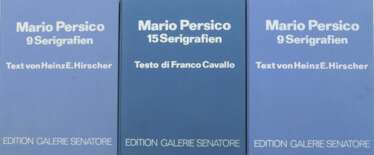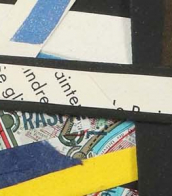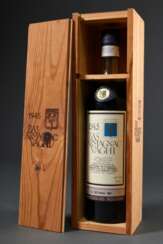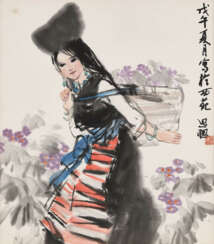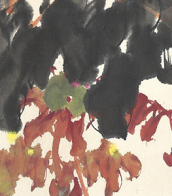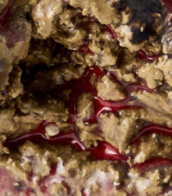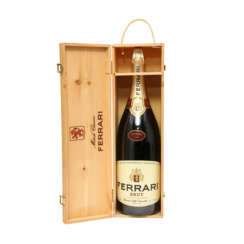sico
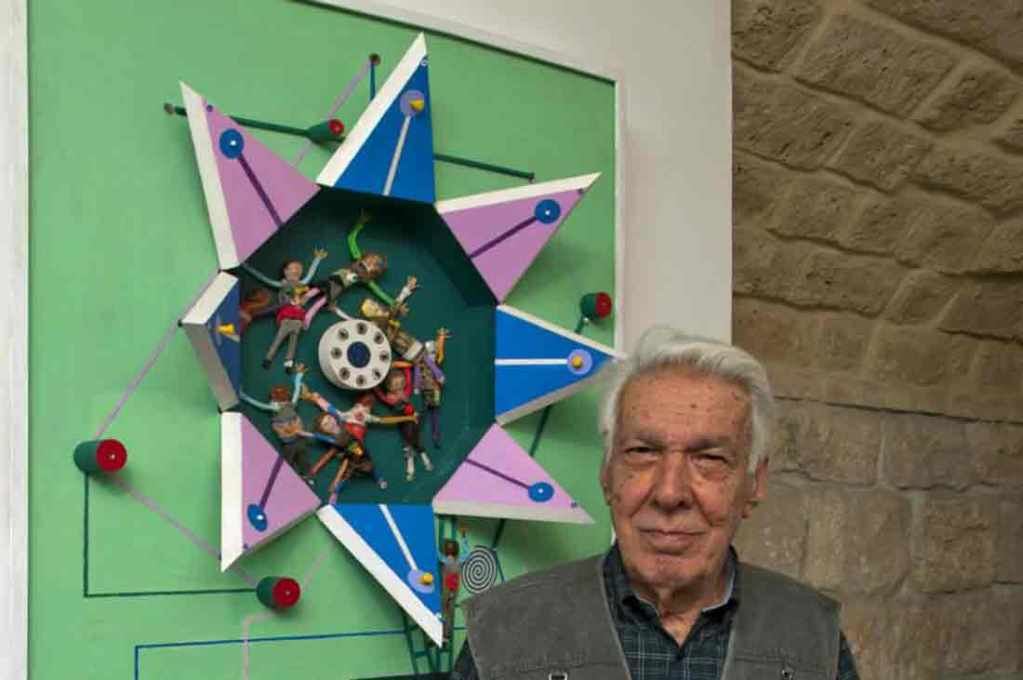
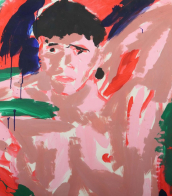
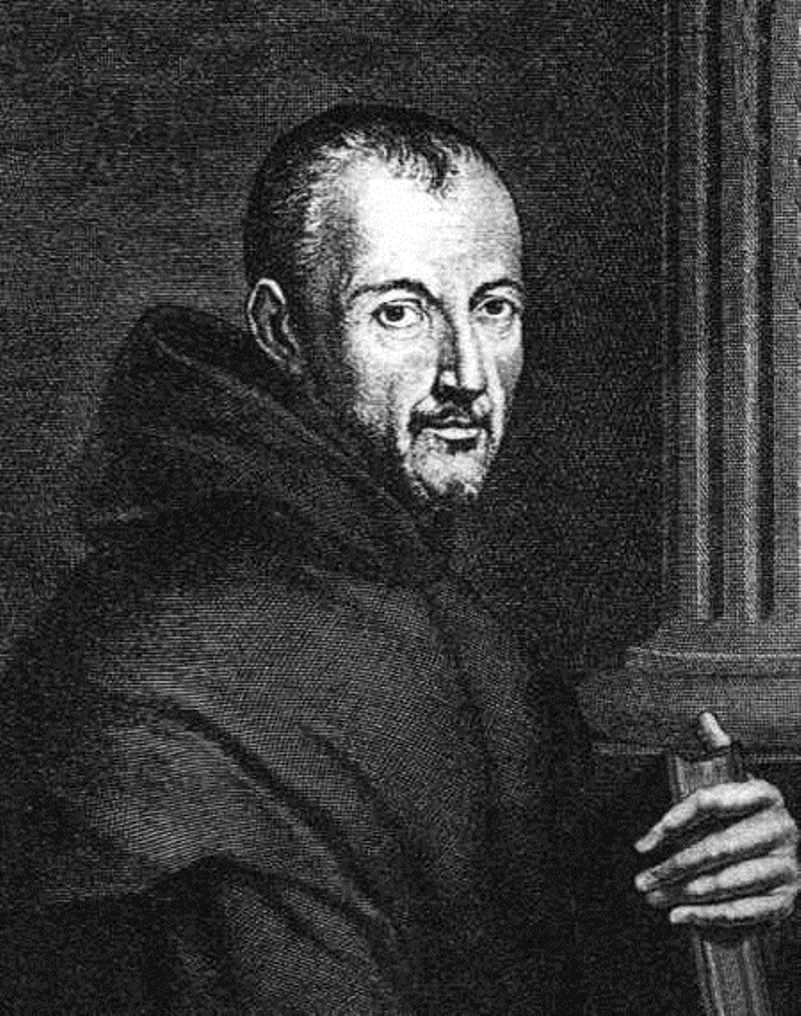
Marin Mersenne (also Marinus Mersennus or le Père Mersenne) was a French mathematician, physicist, philosopher and theologian, and music theorist.
Mersenne was educated at the Jesuit college of La Fleche and went on to study theology in Paris. He also became a member of the Order of the Minims and taught philosophy and theology at Nevers. He developed his ideas about the essence of the world and knowledge, insisting on the importance of experimentation and observation, and contrasted the rational natural world with human reason.
Beginning in 1635, Mersenne founded the Académie Parisienne, the forerunner of the French Academy of Sciences, where France's leading mathematicians and natural philosophers gathered. It provided a forum for the exchange of ideas among scientists and promoted the works of René Descartes and Galileo. The scientist's most famous achievement in mathematics was finding a formula for generating prime numbers, known today as Mersenne's Numbers. In 1644, Mersenne published his studies of Mersenne numbers and their relationship to prime numbers. His work in number theory and arithmetic proved pivotal to the development of mathematics in the seventeenth century.
He corresponded with many other scientists of the era, such as René Descartes, Blaise Pascal, and Pierre Fermat. However, his contributions extend much further, through his role in disseminating the work of the outstanding minds of his time. Mersenne traveled extensively throughout Europe, bringing new scientific ideas to France. He was an important mediator in the exchange of knowledge and contributed to the advancement of science in his era.

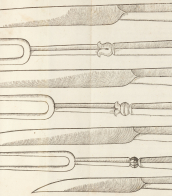
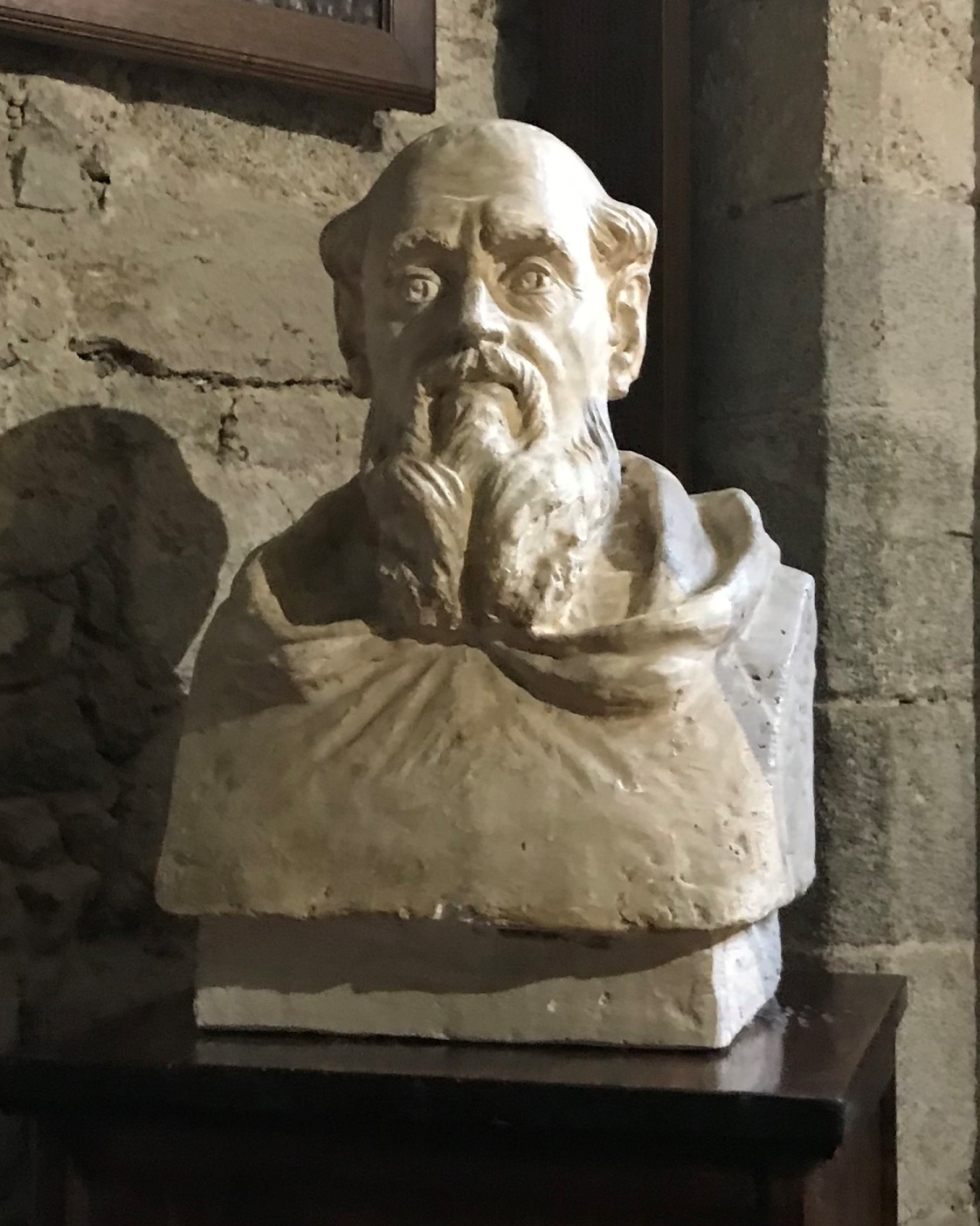
Joachim of Fiore, also known as Joachim de Fiore, and Gioacchino da Fiore, was an Italian mystic, theologian and philosopher of history, a great medieval thinker with a beautiful symbolic imagination.
Fiore was a prolific writer and explored the hidden meaning of the life of the apostles and the scriptures. At the end of the twelfth century Joachim had a high international reputation.
After a pilgrimage to the Holy Land, he became a Cistercian monk and by 1177 had become abbot at Corazzo, Sicily. He retired to the mountains to lead a contemplative life, and in 1196 he founded the Order of San Giovanni in Fiore. In his Book of the Harmony of the New and Old Testaments, Fiore set forth a theory of history and traced correspondences in the Old and New Testaments. In "An Exposition of the Apocalypse" he explored the symbols of the Antichrist, and in "The Ten-String Psalter" he set forth his doctrine of the Holy Trinity. A man of vivid imagination, he was proclaimed a prophet and condemned as a heretic.
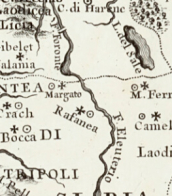



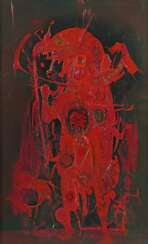

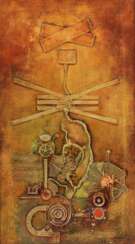

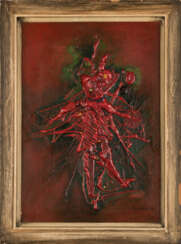

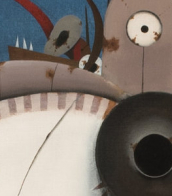


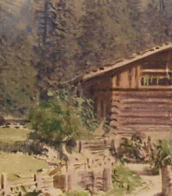




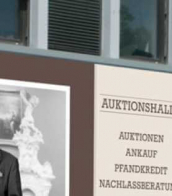



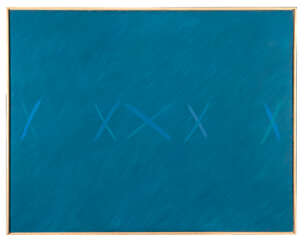

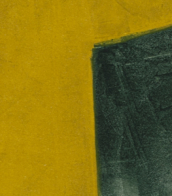



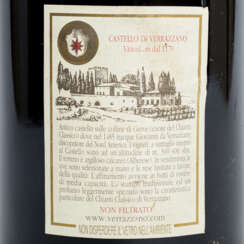


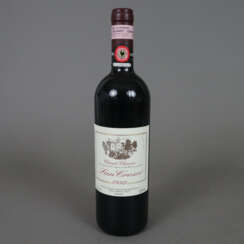

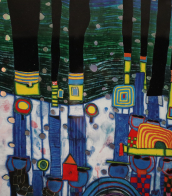


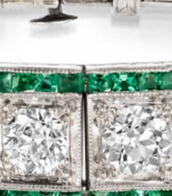
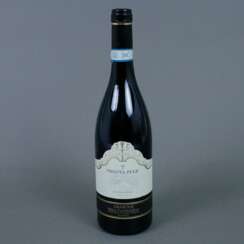




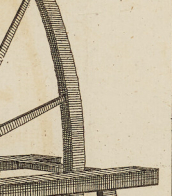
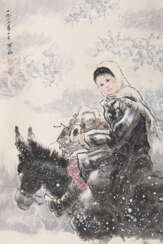

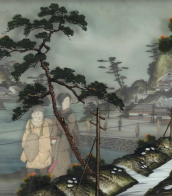
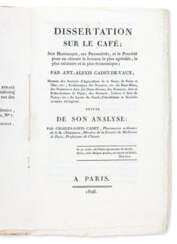




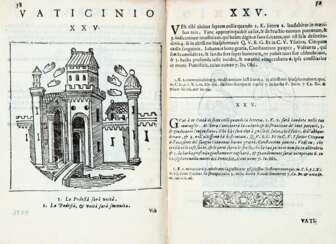

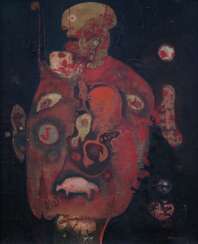

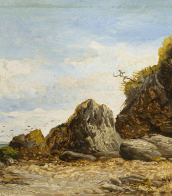
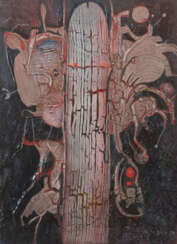


![[CADET DE GASSICOURT, Charles-Louis (1769-1821)].](/assets/image/picture_2734976/6b28b/739263f16933e158cc0ca10b70ef60801679526000jpg__fix_374_244.jpeg)
![[CADET DE GASSICOURT, Charles-Louis (1769-1821)].](https://veryimportantlot.com/assets/image/picture_2734976/6b28b/739263f16933e158cc0ca10b70ef60801679526000jpg__fix_374_244.jpeg)
